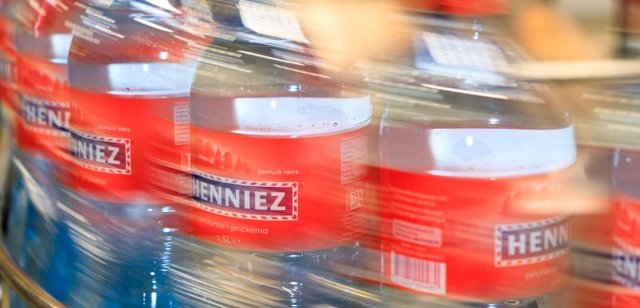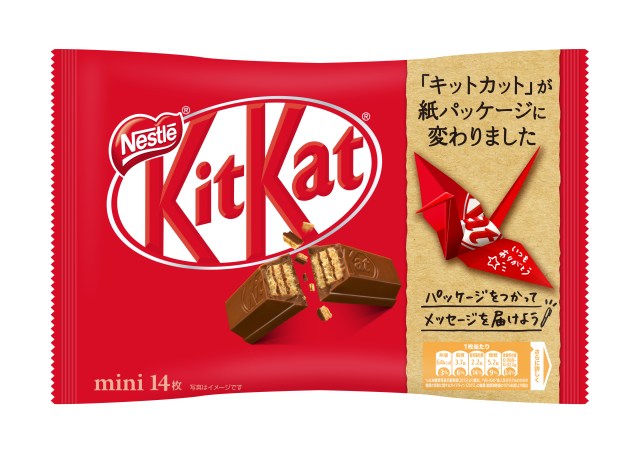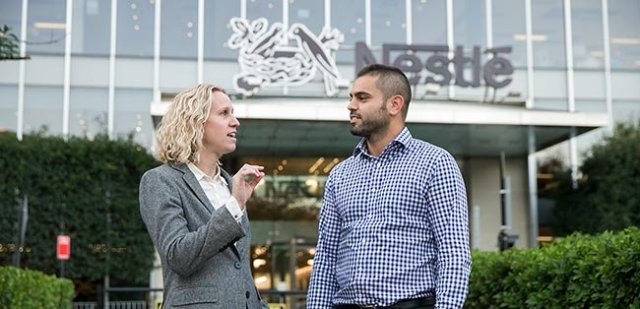
Nestlé and Project STOP have received the support of the regional government of Pasuruan in East Java, Indonesia, in the establishment of a material recovery facility.
The Material Recovery Facility will be used to manage waste collection, segregation and recycling processes at the Lekok and Nguling municipalities in Pasuruan for the first time.
The organisations partnered for this facility to create a comprehensive waste management system for communities in the area.
Nestlé is the first food and beverage company to join Project STOP, an initiative co-founded by Borealis and SYSTEMIQ that designs, implements, and scales circular economy solutions to prevent plastic pollution in Southeast Asia.
Borealis and SYSTEMIQ, along with Nestlé and other partners, and with the support of the regional government of Pasuruan, launched the city partnership last year.
According to Nestlé global head of sustainable packaging Véronique Cremades-Mathis, currently, only nine per cent of Pasuruan residents have access to waste management services, of which just one per cent of waste is responsibly managed.
Cremades-Mathis added that residents have no other option and must dump their waste in the open environment.
“The establishment of the Material Recovery Facility is an important milestone to ensure the implementation of a comprehensive, community-based waste management system,” Cremades-Mathis said.
“We want to build awareness, inspire action and champion innovation in addressing the global issue of plastic waste. This project is an example of how we endeavour to make a real difference that is benefiting people in the communities where we operate in.”
“Our involvement in Project STOP supports our long-term ambition to stop plastic leakage into the environment across our global operations, one of them is located in the Region of Pasuruan,” Nestlé Indonesia president director of PT Dharnesh Gordhon added.
In 2019, Project STOP team in Pasuruan carried out a baseline study, which covers social mapping, recycling infrastructure mapping, waste characterisation and governance study. The result of this study was then used to design the most fitting circular strategy in the region.
Borealis CEO Alfred Stern said, “This expansion of Project STOP to more cities is an important step in our efforts to improve the circularity of plastics especially in a region where leakage out of the system is high”.
“As an industry partner and socially responsible company, we appreciate the commitment of Nestlé and all our partners, and particularly the Pasuruan government to work together to prevent plastics entering the ocean.
Working closely with Pasuruan leaders, Project STOP will also provide training to the community on waste segregation and has started to set up the required infrastructure for an effective waste management system.


